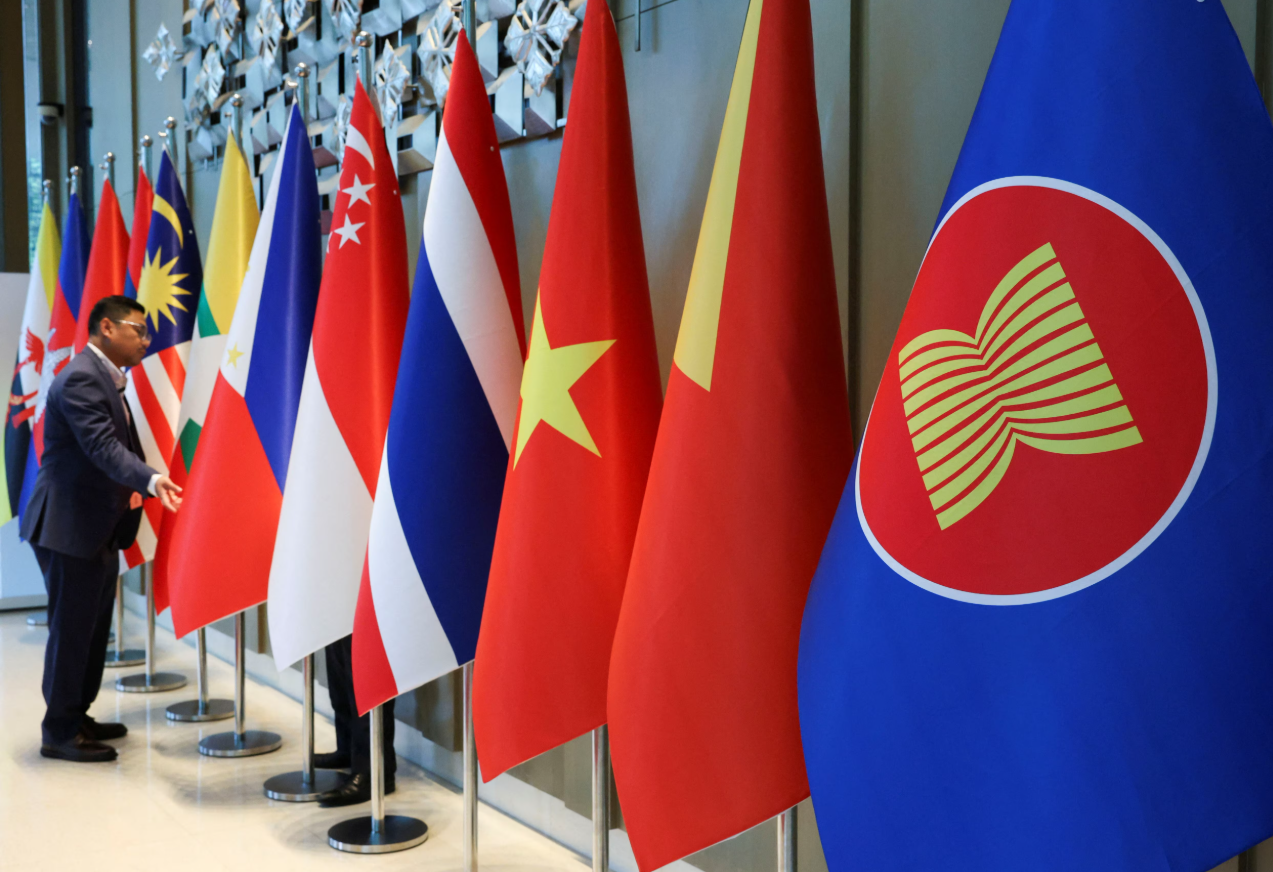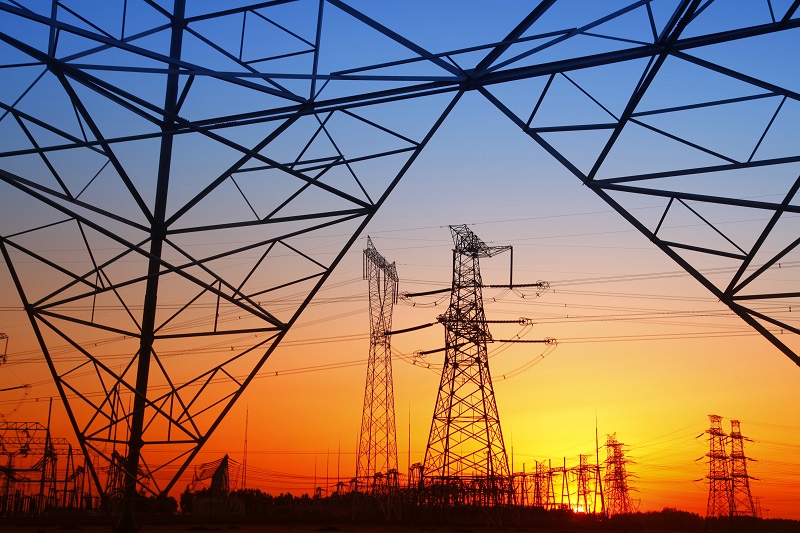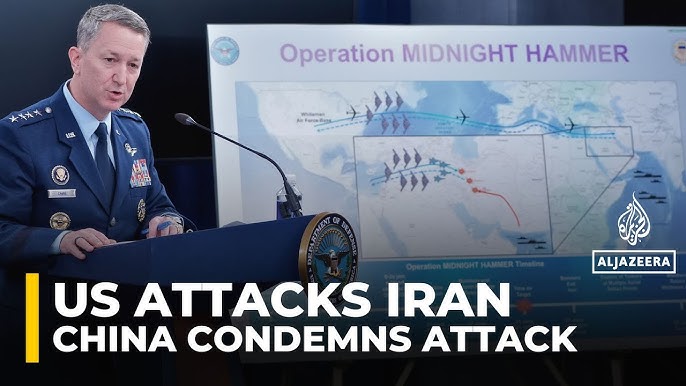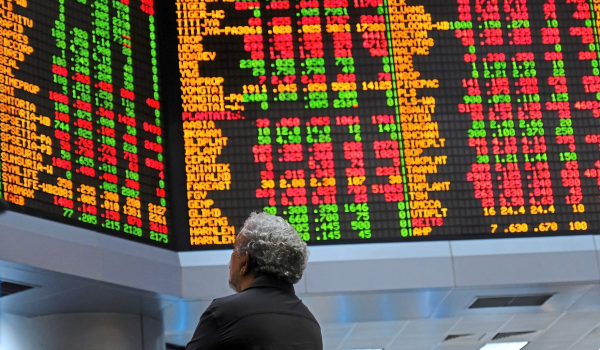THREE of the world’s most climate-vulnerable nations are in ASEAN. Yet when critical decisions are made about global economy, finance and sustainability, ASEAN’s voice is largely absent.
This silence is not due to insignificance, nor is it solely because doors are closed to the region. With a population of over 670 million, a fast-growing economy, and some of the planet’s richest biodiverse ecosystems, ASEAN matters.
But unless it gets its seat at the table of global policymaking and standard-setting—its peoples, economies and future will be shaped by decisions made without them.
Earlier this month, I had the opportunity to address the ASEAN Finance Ministers and Central Bank Governors meeting. It was heartening to see sustainability placed squarely at the centre of ASEAN’s agenda, a decision as pragmatic as it is essential.
Our region stands at the frontline of climate and nature-related crises, which are not only deeply intertwined but are also progressing faster than our collective responses.
The stakes are high. According to the WorldRiskIndex 2024, three ASEAN countries—the Philippines, Indonesia, and Myanmar—rank among the top ten most at-risk from extreme natural events and climate impacts.
Climate migration could displace millions. ASEAN is already the third largest labour force in the world, which may likely be impacted by heat stress and result in severe productivity losses across industries.
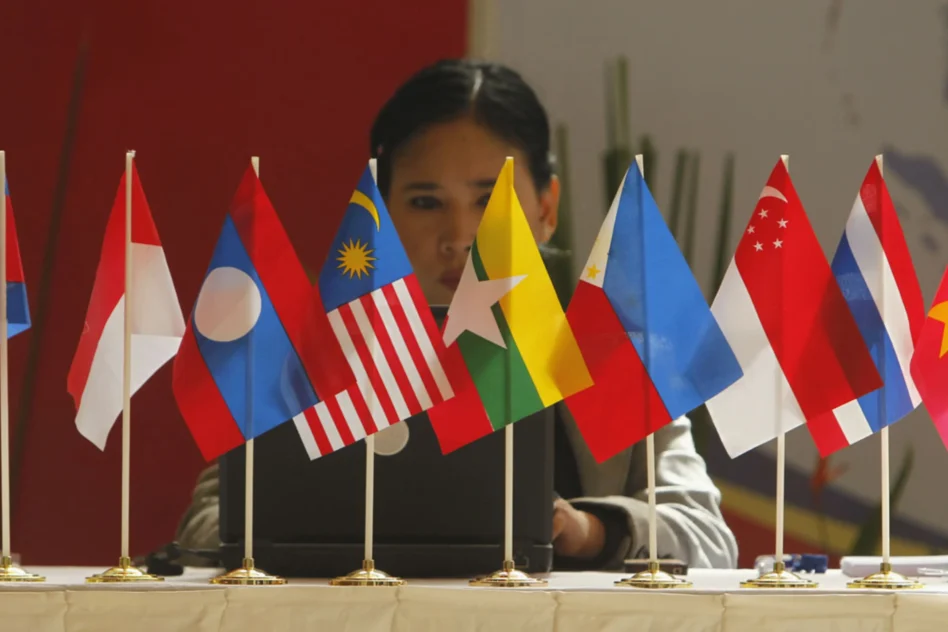
Meanwhile, biodiversity loss is not just a conservation issue, it’s an economic and existential one. And yet, ASEAN holds immense promise. Eight out of 10 ASEAN nations have sufficient renewable energy (RE) potential to meet domestic electricity demand.
Several could even become net exporters of clean power. With its young, tech-savvy population, growing green economy, and abundant natural capital, ASEAN is poised to lead in shaping sustainable futures.
But here lies the paradox. Despite this significance, ASEAN’s voice remains under-represented in key global policymaking and standard-setting institutions.
Out of the 25 executive directors on the World Bank, only one is from ASEAN; Europe has
eight, Africa has four and Middle East and Latin America with two each.
Out of the 24 executive directors on the International Monetary Fund (IMF), again only one is from ASEAN.
The International Federation of Accountants (IFAC) which comprises more than 180 professional accountancy organisations (PAOs) around the world, which in turn represent millions of accountants in public practice, business, government and education, also has very low representation from ASEAN on its board of directors—1 out of 23.
This pattern extends to newer, sustainability-focused bodies too. The International Sustainability Standards Board (ISSB), a critical player in shaping the global corporate reporting landscape, currently has no ASEAN representation.
This is despite the fact that ASEAN jurisdictions representing 85% of the region’s GDP have already signalled alignment with ISSB standards.
While boards play a fundamental role in governing and setting the strategic direction of the organisation, the balance and composition of its senior leadership team in terms of having regional understanding and exposure are equally important.
The agenda, priorities, formulation of principles, policies and standards need to reflect the context and needs of its constituents.

From my observation, a well-balanced regional perspective and representation is lacking. This is not a criticism of the institutions themselves, many of which were established in a different era, under different geopolitical and economic conditions.
But the world has changed, and so must the institutions that govern it. Global policymaking and standard-setting bodies need to ask themselves how they reflect the interests of newer major economic regions, sectors and demographics.
Consider this: ASEAN accounts for 15% of the world’s forestland and nearly a third of its mangroves, seagrass, and coral reefs, which are critical to addressing both climate and nature-related disasters.
ASEAN is home to the Lower Mekong Basin, a biodiversity and agricultural powerhouse. Over 120 million people in the region depend on marine ecosystems for their livelihoods. Yet, ASEAN is rarely at the table when global policies and standards are set.
It is important to appreciate that the impact of sustainability risks and opportunities that ASEAN may likely face will extend beyond the region.
For example, if a key supplier in ASEAN who is part of a global value chain is disrupted by extreme weather, or if rice yields in the Lower Mekong Basin collapse due to ecological degradation, the ripple effects will not stay confined to the region. They will be global.
The voice of ASEAN businesses and governments (on behalf of its peoples) therefore needs to be heard and positively influence global policymaking and standard-setting. This is not simply about being included, it is also about taking initiative.
ASEAN must actively identify pathways to representation, nominate leaders with global expertise (for which we have ample), and engage consistently with international bodies. Its voice is no longer a luxury; it is now a necessity.
The global table is set. It’s time ASEAN not only be invited to pull up a chair but also step forward and take its seat. – April 16, 2025
Sharath Martin is a Senior Policy & Insights Consultant with ACCA Asia Pacific and member of the Board of Trustees of WWF-Malaysia and Shift Project, Ltd.
The views expressed are solely of the author and do not necessarily reflect those of Focus Malaysia.
Main image: Reuters


